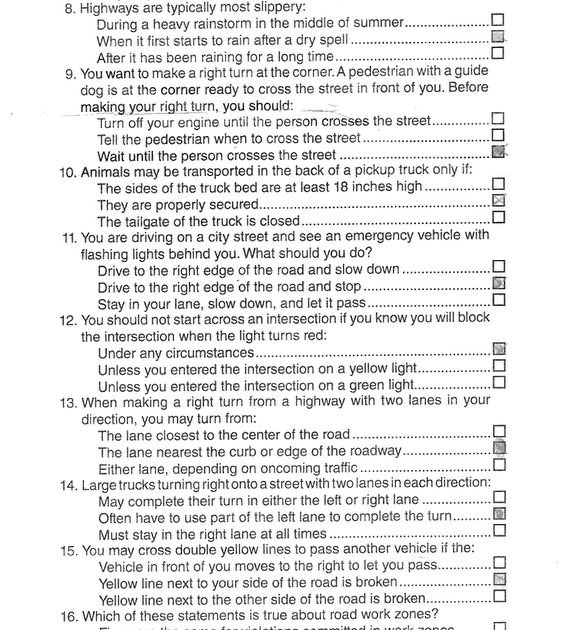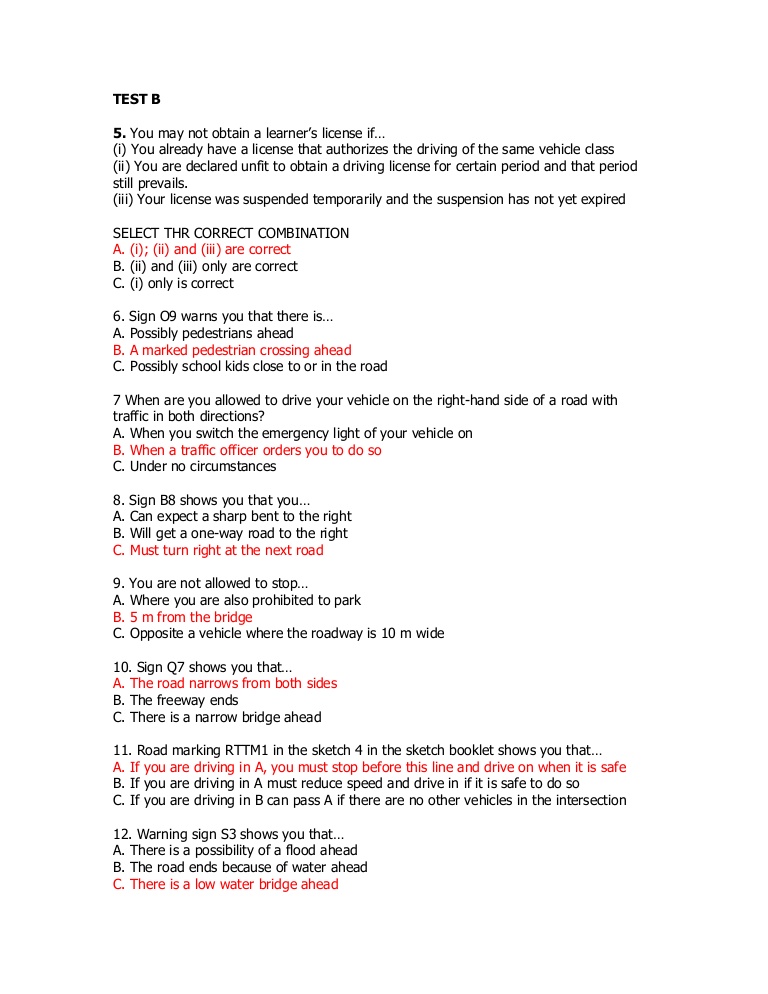
This will help clear up any costly confusion. For example if you are using a 1 to 5 system, make sure you have clearly stated on the form that 1 is poor and 5 is excellent.


Make sure you have a clear scoring system and be explicit in it. This will also allow you to make sure you have interviewed the candidate on all technical aspects required for the job. This will help make sure that all the scoring criteria is relevant and that nothing important has been left out. Make sure everyone on the team has had a chance to input here. Make sure the criteria that you will be assessing candidates on is agreed upon by a diverse group of people.Set measurements and requirements as a team: Once data is collected from the various candidates, it's easy to compare and contrast them to find the best pick for your organization. An interview scorecard, or rating sheet is a great way to minimize bias and score candidates objectively.

An interview rating sheet allows recruiters and interviewers to score a candidates interview in a uniform, consistent way. One of the best ways to structure an interview is with an interview rating sheet. While you might think the candidate will find these types of interviews dull or repetitive, candidates are often appreciative to be judged based on their skill and experience and the fact that they are being allocated the same chance as every other candidate. The questions seem standardize and objective. When an interview is structured a candidate can tell. Having a predetermined course and script to the interview can help you avoid going down the wrong path, or asking illegal interview questions. It's important to note the legal benefits that structured interviews can also have. Structured interviews help curb bias and allows companies to evaluate candidates on factors that contribute to the bottom line. But unstructured interviews leave out processes that will point to or gather any reliable evidence or indicator of future performance. Now it's not a problem to see whether or not the team will get along with and like the candidate. This may happen consciously or unconsciously, but it influences the hiring decision. When a recruiter or a hiring manager has an informal conversational interview with a candidate they end up leaving said interview with a feeling of whether or not they like the candidate. Why you ask? Unstructured interviews are the breeding ground for bias in the interview process. Time and time again companies end up coming to the same conclusion, unstructured interviews don't work.

The purpose of an interview rating sheet.


 0 kommentar(er)
0 kommentar(er)
